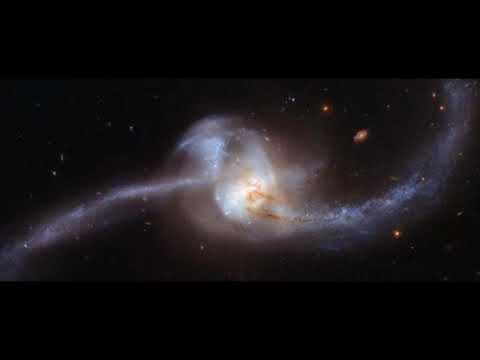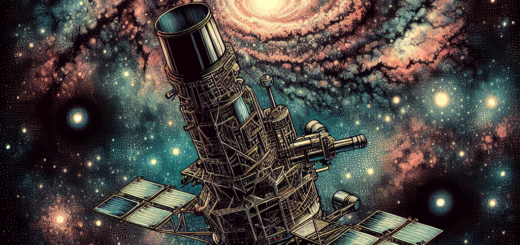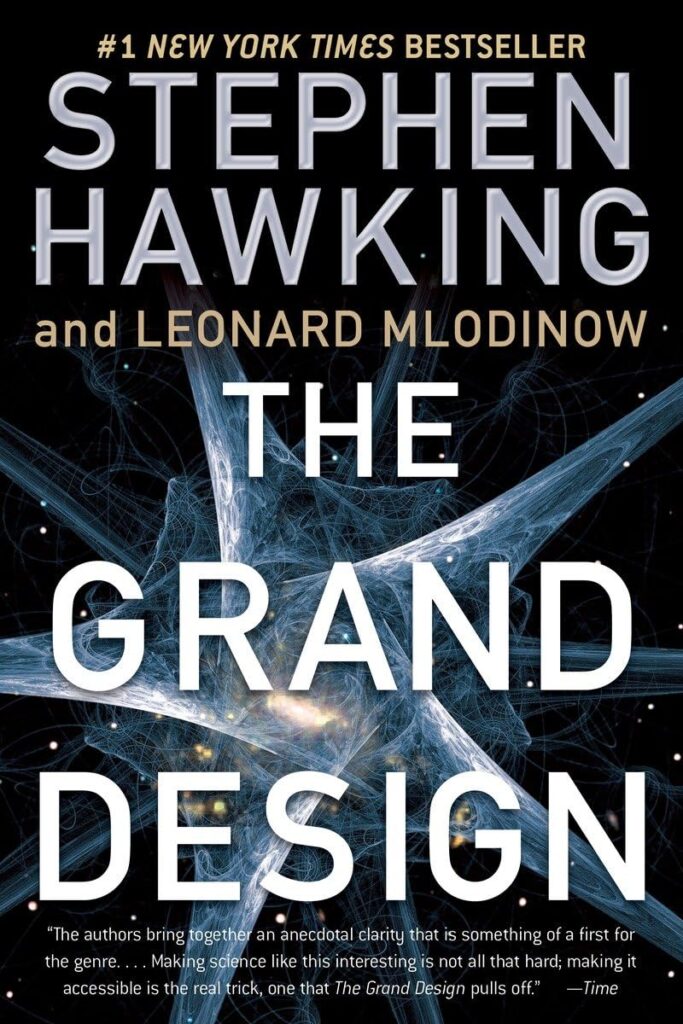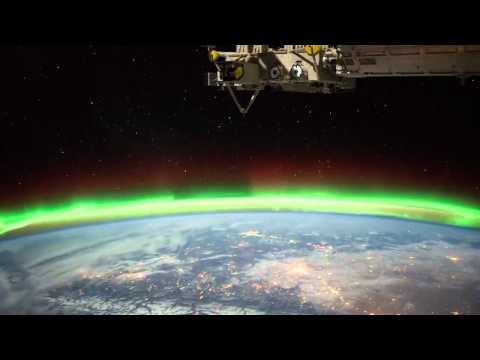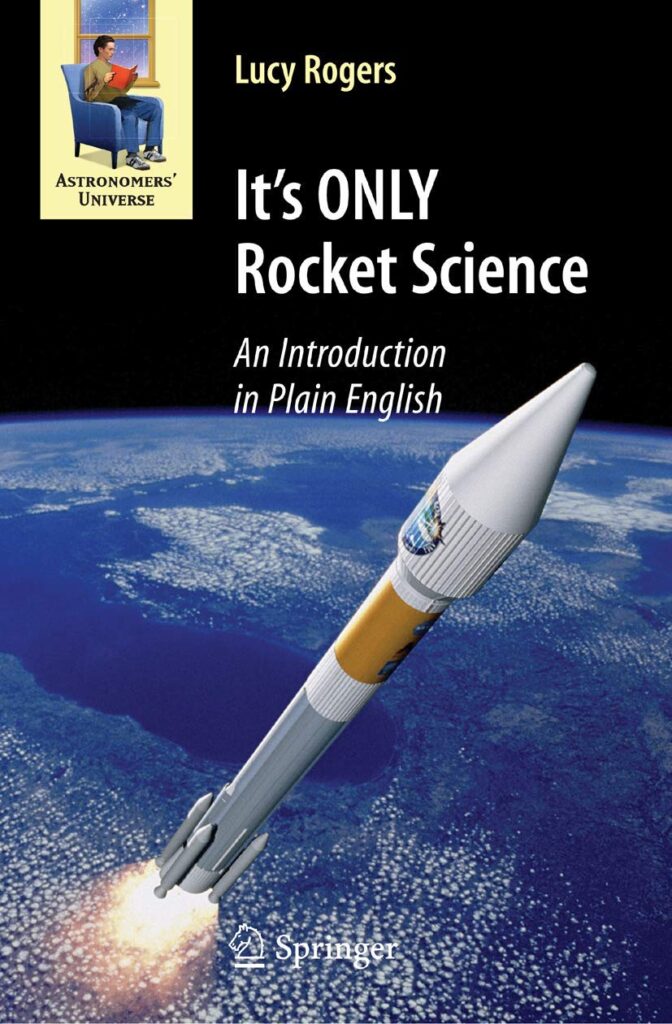Peering into the Depths of Space: Hubble’s Latest Discoveries
The Hubble Space Telescope has been revolutionizing our understanding of the universe for over three decades. Since its launch in 1990, Hubble has captured breathtaking images and made groundbreaking discoveries that have reshaped our knowledge of the cosmos. Recently, Hubble has once again peered into the depths of space, revealing new insights into the mysteries of the universe.
One of the most exciting recent discoveries made by Hubble is the detection of water vapor in the atmosphere of an exoplanet located in the habitable zone of its star. This exoplanet, known as K2-18b, is located 110 light-years away from Earth and is about twice the size of our planet. The detection of water vapor on K2-18b raises the tantalizing possibility that this distant world could potentially support life.
In addition to its discovery of water vapor on K2-18b, Hubble has also provided new insights into the formation and evolution of galaxies. By observing distant galaxies billions of light-years away, Hubble has revealed the complex interplay of stars, gas, and dark matter that shapes the structure of galaxies. These observations have helped astronomers better understand how galaxies form and evolve over time.
Hubble has also shed light on the origins of black holes, one of the most enigmatic objects in the universe. By studying the behavior of supermassive black holes at the centers of galaxies, Hubble has provided crucial insights into the processes that drive the growth and evolution of these cosmic behemoths. These observations have deepened our understanding of the role that black holes play in shaping the evolution of galaxies.
Furthermore, Hubble has played a key role in studying the expansion of the universe and the nature of dark energy, a mysterious force that is causing the universe to accelerate in its expansion. By observing distant supernovae and measuring their distances, Hubble has helped astronomers map out the history of cosmic expansion and constrain the properties of dark energy. These observations have provided crucial clues about the ultimate fate of the universe.
As Hubble continues to peer into the depths of space, it is poised to make even more groundbreaking discoveries that will reshape our understanding of the cosmos. With its unparalleled capabilities and cutting-edge technology, Hubble remains at the forefront of astronomical research and continues to inspire awe and wonder in people around the world.
In conclusion, Hubble’s latest discoveries have provided new insights into the mysteries of the universe, from the detection of water vapor on distant exoplanets to the study of galaxy formation and the nature of dark energy. As Hubble continues to push the boundaries of our knowledge, it reminds us of the vastness and complexity of the cosmos, and the endless possibilities that await us in the depths of space.


